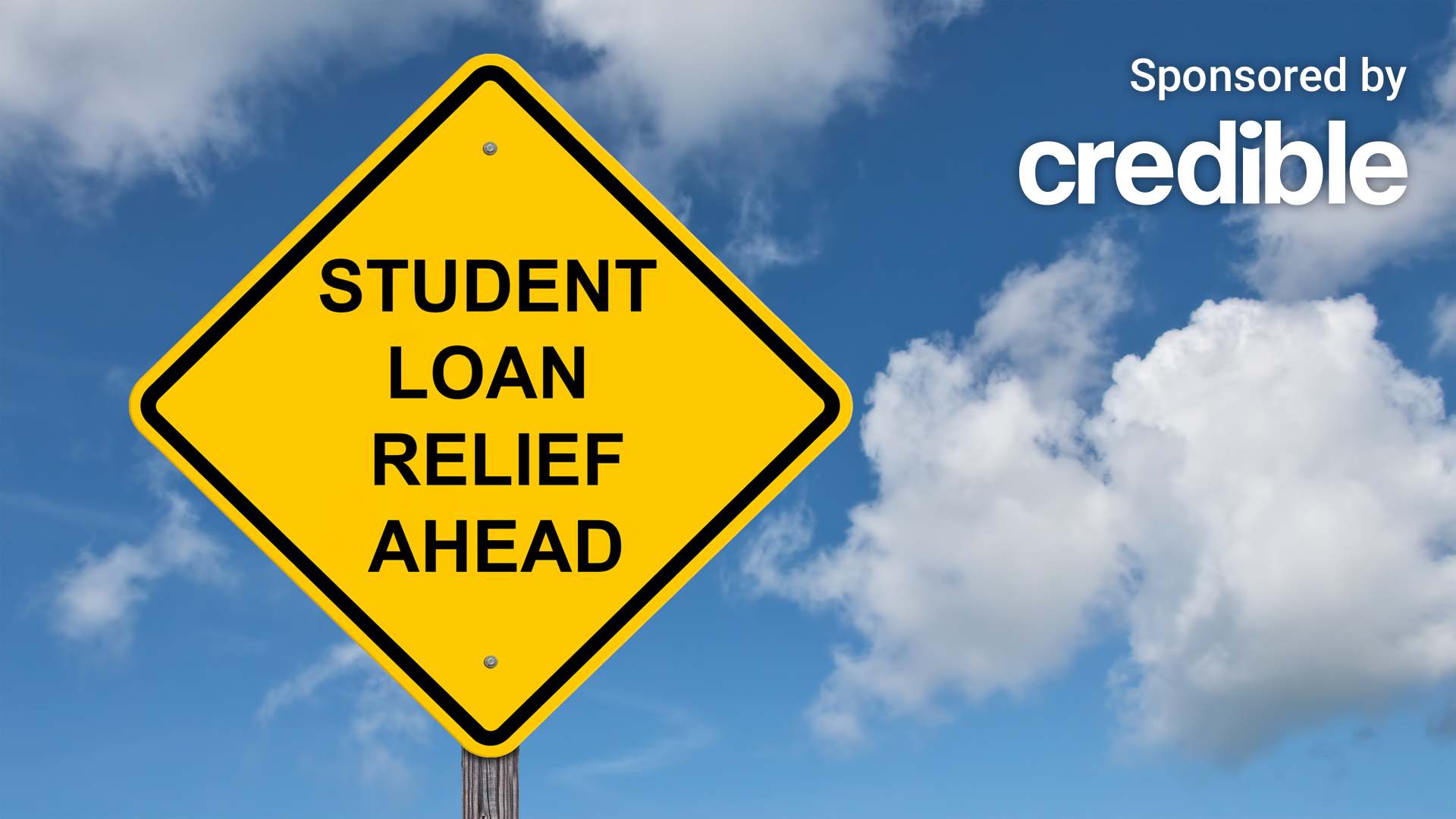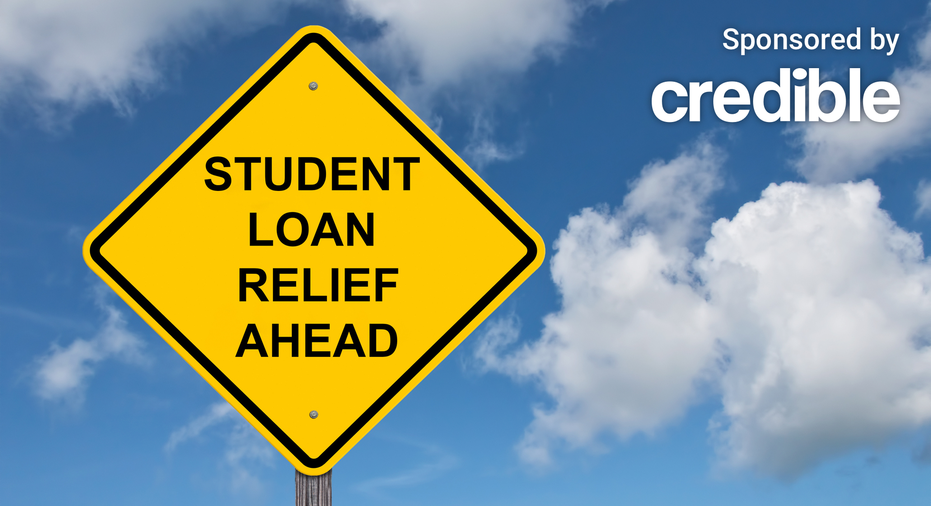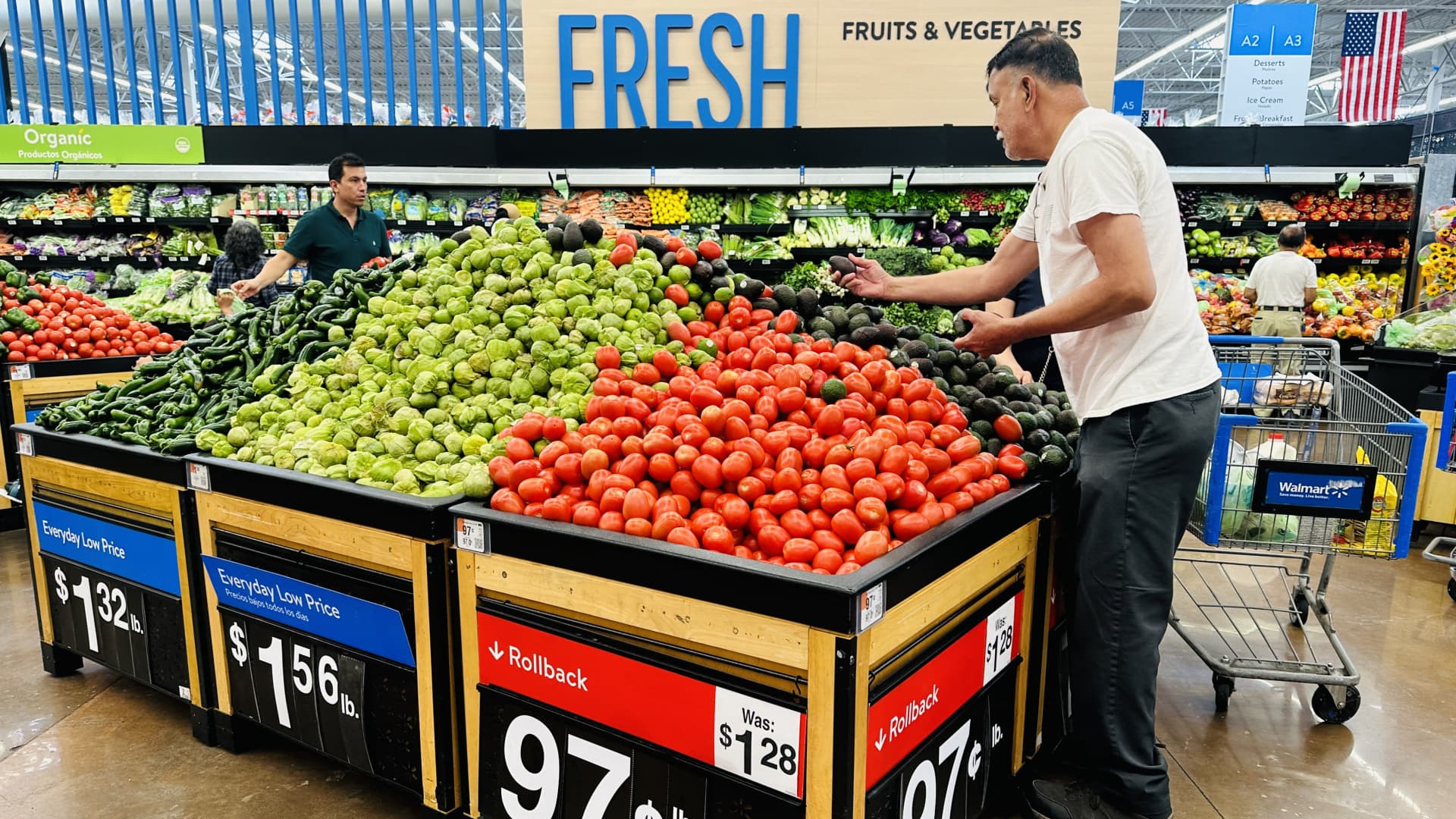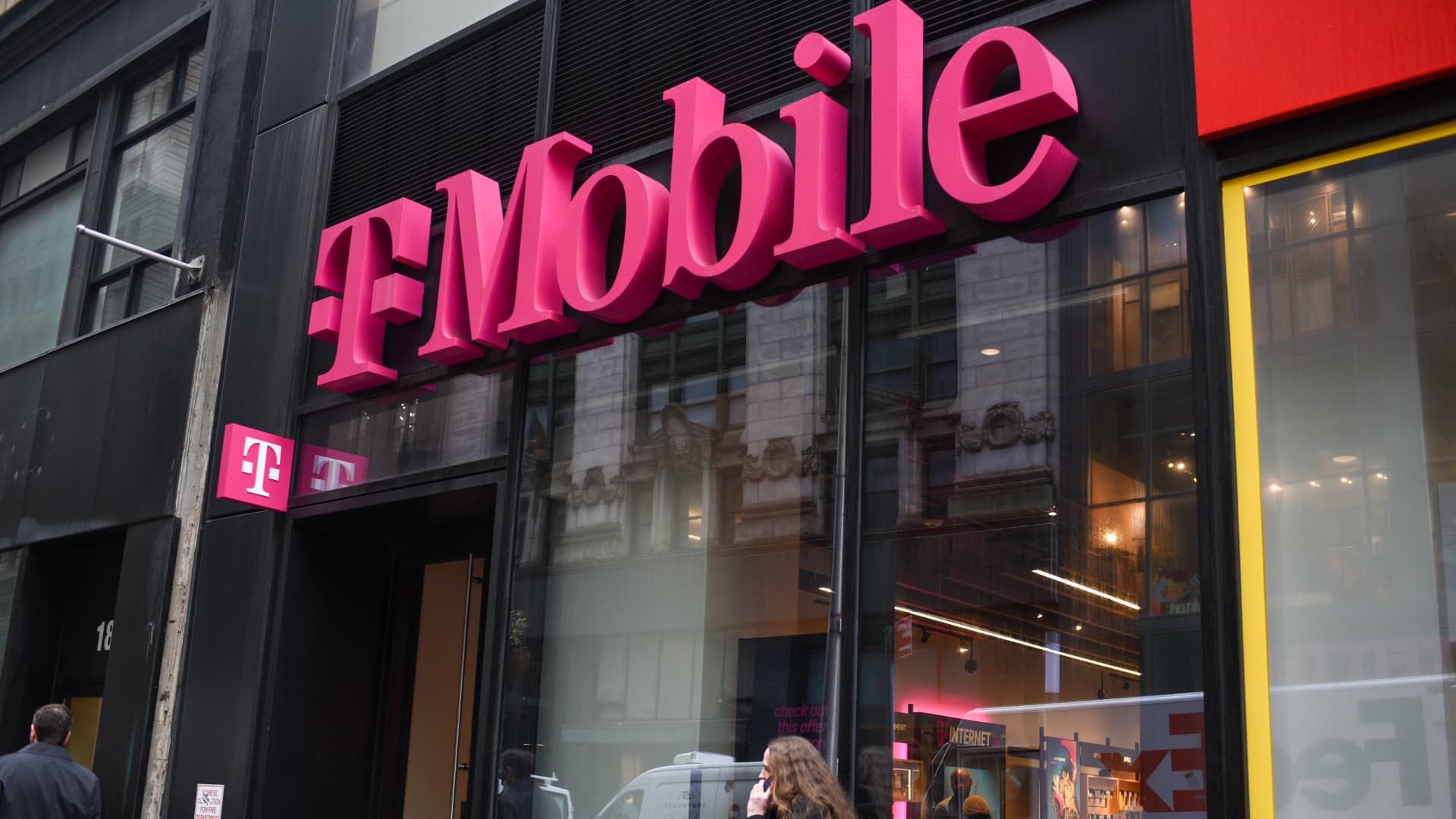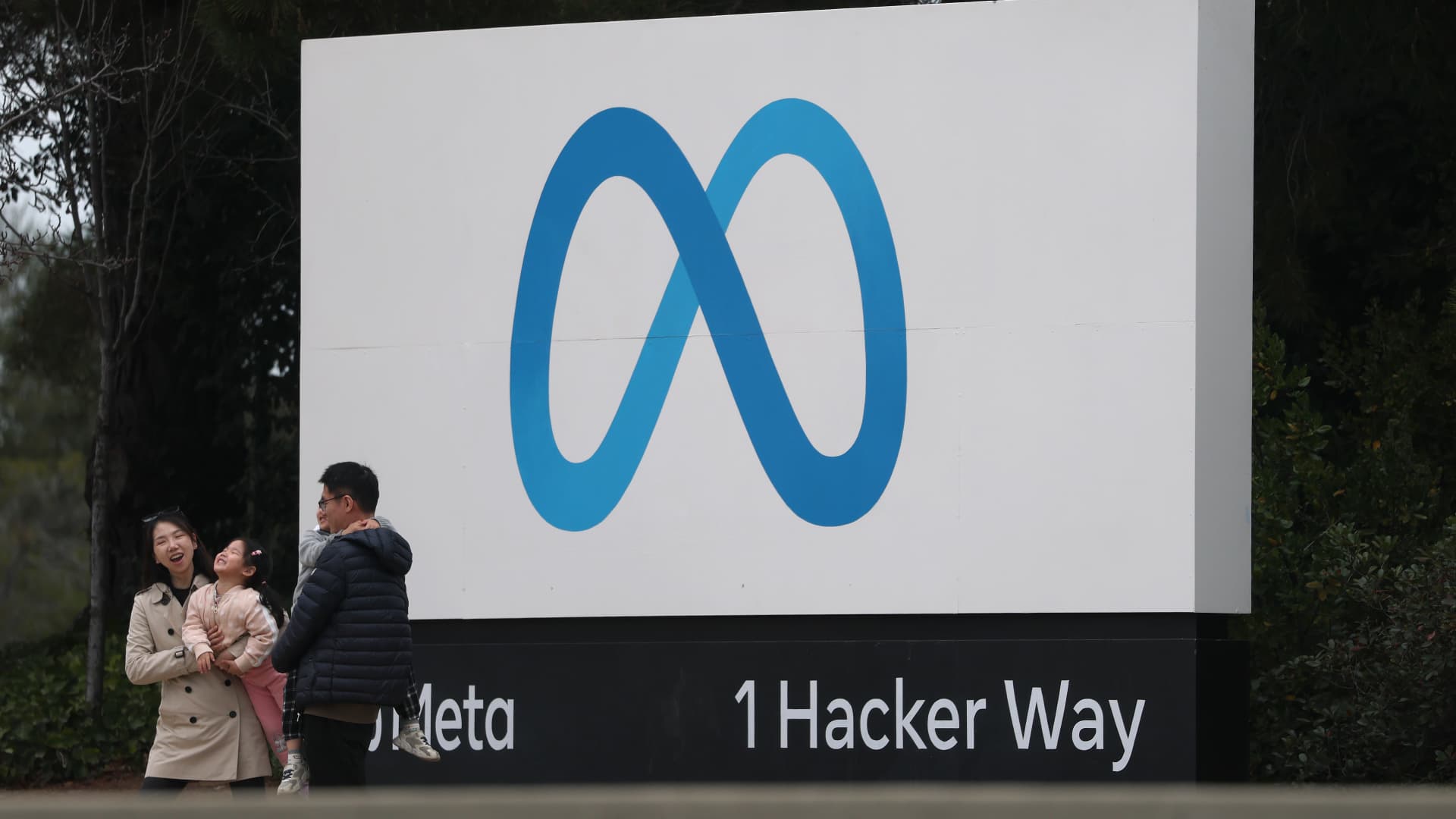More student debt relief is underway as Biden prepares to exit office. (iStock)
As President Joe Biden’s term draws to a close, he has granted federal student loan relief to an additional 150,000 borrowers.
These 150,000 borrowers include almost 85,000 who attended schools that cheated and defrauded their students, 61,000 borrowers with total and permanent disabilities, and 6,100 public service workers. The debt forgiveness now brings the number of students whose student debt has been canceled during his administration to more than 5 million, according to a White House release.
The latest wave of debt relief includes 6,100 borrowers who have had $465 million of debt forgiven through the Public Service Loan Forgiveness (PSLF) program. This is a testament to the potential of such programs to alleviate the burden of student debt.
“Identifying 5 million people for student loan forgiveness means the federal government is finally keeping its promises,” U.S. Under Secretary of Education James Kvaal said. “People who cannot afford their student loans because they are in public service, have disabilities, were cheated by their college, or who have completed decades of payments are now getting the relief they were promised. These permanent reforms will continue for more and more borrowers every year.”
If you want to pay down your private student loan debt, a refinance could help you lower your interest rate and monthly payment. To see if this is the right option, contact Credible to speak to a student loan expert and answer your questions.
INFLATION SEES THE LOWEST ANNUAL RISE SINCE 2021
New student loan forgiveness approvals
The Supreme Court previously blocked the Biden administration’s plans for broader student loan forgiveness. In 2023, the court stopped the administration from forgiving $400 billion in debt affecting more than 40 million borrowers.
In August, the Supreme Court shut down another administration proposal to lower monthly payments and speed up loan forgiveness. After the Supreme Court struck down Biden’s student loan forgiveness plan, Biden introduced SAVE. The White House said that the SAVE plan could lower borrowers’ monthly payments to zero dollars, reduce monthly costs in half and save those who make payments at least $1,000 yearly.
The Biden administration withdrew plans for an alternative student debt forgiveness plan in December. Despite losing in the Supreme Court, the administration has forgiven some $183.6 billion in student debt thanks to fixes implemented to process PSLF applications and approve discharges. The total number of borrowers approved for PSLF is now 1,069,000 and $78.46 billion compared to 7,000 borrowers who had received PSLF at the start of the Biden-Harris administration, according to the Department of Education.
Moreover, the administration approved $56.5 billion in debt relief for more than 1.4 million borrowers through Income-Driven Repayment, including the Saving on a Valuable Education SAVE plan. Some borrowers also have access to an extra $900 in Pell Grant funds to pay for school. Additional debt forgiven includes the student debt of borrowers whose schools cheated, saw their institutions precipitously close, or are covered by related court settlements.
Private student loan borrowers can’t benefit from federal loan relief. But you could lower your monthly payments by refinancing to a lower interest rate. Visit Credible to speak with an expert and get your questions answered.
FHFA ANNOUNCES HIGHER MORTGAGE LOAN LIMITS FOR 2025
Debt forgiveness could be blocked forever
Republican Representative Glenn Grothman (R-WI) introduced a bill during the last Congress that effectively blocked any future mass student loan cancelation plans. The Protecting Taxpayers From Student Loan Bailouts Act prohibits the Secretary of Education from issuing regulations or executive actions that increase the costs of the federal student loan program.
The bill was ultimately incorporated into the College Cost Reduction Act, which did not reach a vote on the House floor.
“Congress might still consider taking action to block future administrations from forgiving debts,” Preston Cooper, American Enterprise Institute senior fellow, said in a blog post.
Cooper said that Republicans may not want to risk the chance that the next Democratic administration will successfully pursue a loan cancelation strategy that is less vulnerable to legal challenges.
Borrowers with private student loans could find relief by refinancing to lower their monthly payments. An online tool like Credible can help you compare student loan refinancing rates before you apply to help find the best deal for you.
SENIORS TO GET MODERATE COST OF LIVING BUMP IN SOCIAL SECURITY PAYMENTS NEXT YEAR
Have a finance-related question, but don’t know who to ask? Email The Credible Money Expert at [email protected] and your question might be answered by Credible in our Money Expert column.

 Economics1 week ago
Economics1 week ago
 Economics1 week ago
Economics1 week ago
 Personal Finance1 week ago
Personal Finance1 week ago
 Blog Post7 days ago
Blog Post7 days ago
 Personal Finance1 week ago
Personal Finance1 week ago
 Economics6 days ago
Economics6 days ago
 Economics7 days ago
Economics7 days ago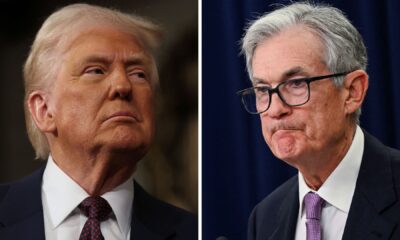
 Economics1 week ago
Economics1 week ago
